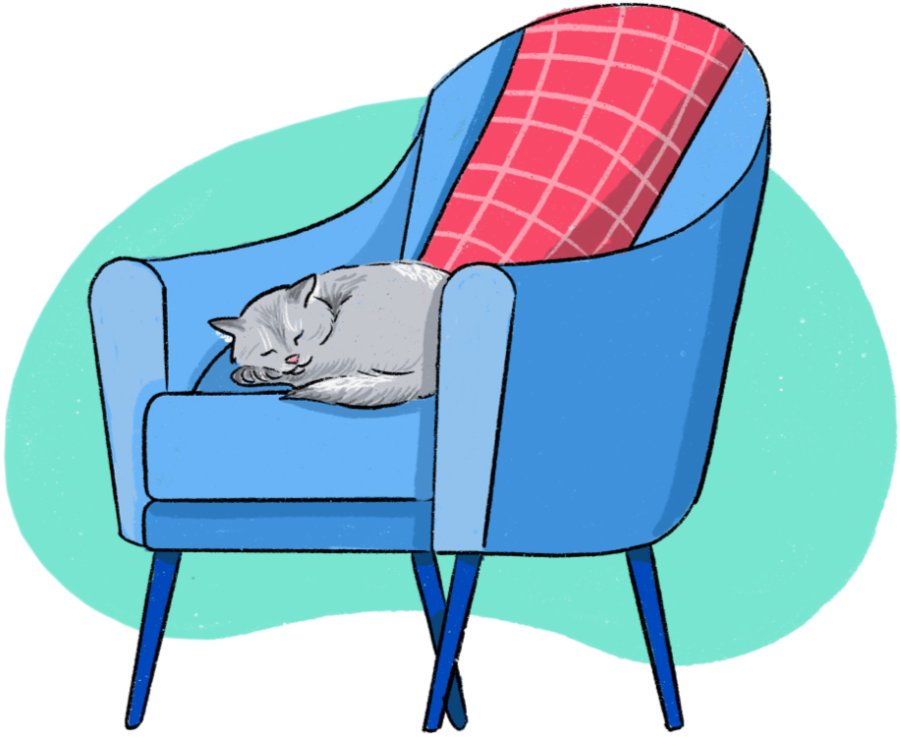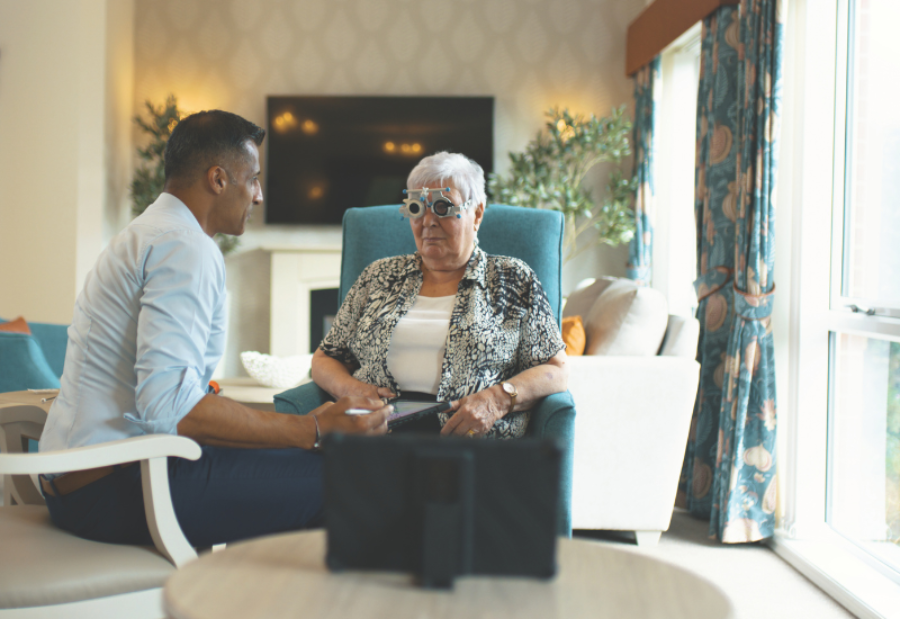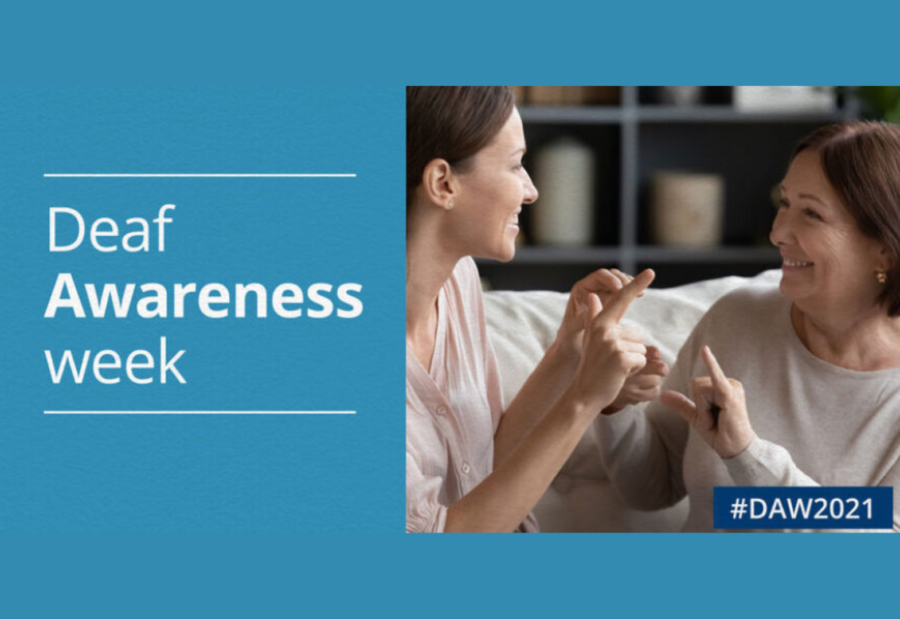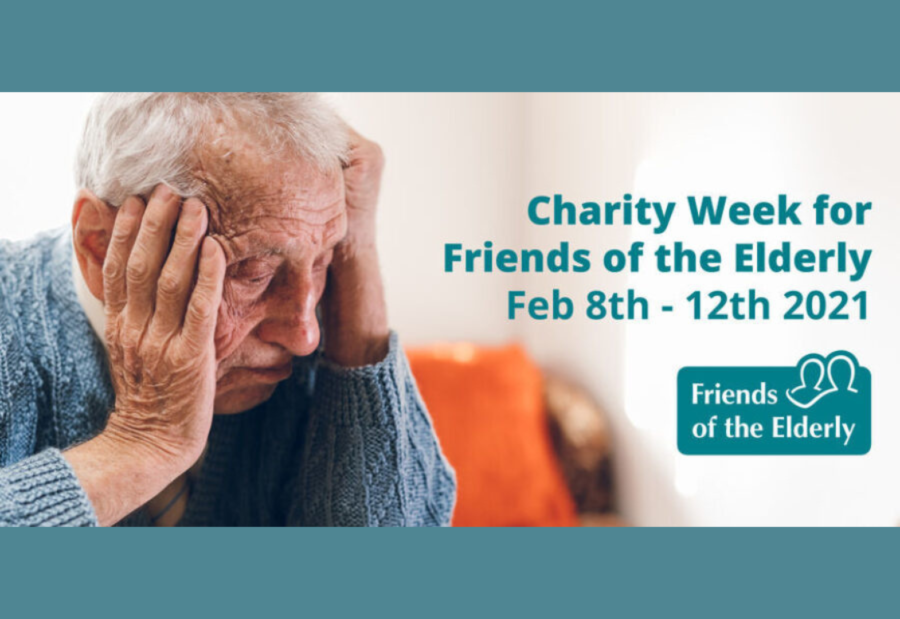Blog post
Deafblindness - Let's Get Talking
Deafblind Awareness Week
Deafblind Awareness Week runs from 27th June - 3rd July to encourage everyone to talk and raise awareness and understanding of the condition.
A deafblind person won't usually be completely deaf or blind, but both senses will be reduced enough to impact their communication and mobility and cause difficulties in everyday life.
Steve Conway, CEO of Deafblind UK, said: "Deafblindness affects more people than many of us realise and in many different ways. We're asking everyone to be aware of deafblindness, understand how to help someone who has it, and tell someone else about it to help spread the word. The more people who understand the condition, the more we can make life a little easier for people who are affected by it. By working together, we can make a huge difference."
Who is affected by deafblindness?
It is estimated that the number of people living with deafblindness in the UK will increase from 400,000 to 600,000 by 2030 due to our ageing population. It can affect people of all ages, including children and young people, but it is more common in older people as our sight and hearing naturally worsen as we get older.
Care and support are available for those struggling with deafblindness. Each deafblind person will have different levels of hearing and sight loss, which means that each person's needs will vary.
Preserving any remaining sight or hearing that the person has is crucial, so getting regular eye and hearing tests and treating any underlying conditions like cataracts, is recommended. Wearing glasses and using a hearing aid will also help with everyday life and support deafblind people with their communication.
If communication is still difficult, aids are available such as hand signing and braille, and other support like using a cane or a guide dog if the hearing or sight loss is advanced will help people keep as much of an independent life as possible.
For more support and information visit Sense or Deafblind UK.



